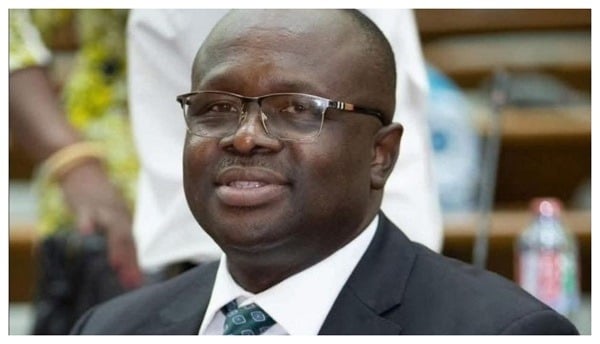The recent use of a chartered flight by Vice President Naana Jane Opoku-Agyemang for her return trip from London has ignited a heated political debate in Ghana, with the opposition New Patriotic Party (NPP) criticizing the decision and the ruling government defending its necessity. This controversy underscores the ongoing tension between the two parties regarding government spending and transparency, particularly concerning the use of public funds for travel arrangements. The NPP’s criticism draws parallels to their previous objections to similar practices by former President Akufo-Addo, highlighting a perceived inconsistency in the current government’s approach. This situation also raises questions about the overall condition of Ghana’s presidential jet and the long-term implications for executive travel.
The central point of contention revolves around the perceived extravagance of chartering a private jet for the Vice President’s return journey. The NPP argues that such expenditure is unnecessary and fiscally irresponsible, especially given the availability of a designated presidential aircraft. They point to past statements by government officials, including Member of Parliament Samuel Okudzeto Ablakwa, who strongly criticized the former administration’s reliance on private jets when a perfectly functional presidential jet was at their disposal. This perceived hypocrisy has fueled the NPP’s accusations, framing the current government’s actions as contradictory to their previous stance and potentially indicative of a double standard.
In response to the growing criticism, Ghana’s Defence Minister, Dr. Edward Omane Boamah, issued a robust defense of the Vice President’s travel arrangements. He directly addressed the NPP’s concerns in a public Facebook post, attributing the decision to charter a private jet to the current state of disrepair of the presidential aircraft. Dr. Boamah placed the blame squarely on the previous NPP administration, alleging that they left the presidential jet in a severely deteriorated condition, rendering it unfit for use. He described the aircraft’s fuel tank as “corroded” and revealed that it is currently undergoing extensive maintenance and repairs abroad.
Dr. Boamah’s statement provides a detailed account of the presidential jet’s current condition and the efforts being made to restore its functionality. He explained that the aircraft is undergoing a “three-month therapy” overseas, which encompasses a comprehensive overhaul, including essential maintenance and repairs. This extended period of maintenance further emphasizes the severity of the aircraft’s condition, reinforcing the government’s justification for chartering a private jet for the Vice President’s travel. The Minister’s assertion that the presidential jet is currently “unfit for use” underscores the necessity of alternative travel arrangements, presenting the decision as a pragmatic response to an inherited problem.
The Defence Minister’s comments aim to shift the focus from the immediate criticism of the Vice President’s travel to the broader issue of the previous government’s alleged neglect of the presidential jet. By highlighting the aircraft’s current state of disrepair and attributing it to the previous administration, Dr. Boamah attempts to deflect blame and portray the current government’s actions as a necessary consequence of inherited circumstances. He effectively reframes the narrative, positioning the chartering of the private jet not as an act of extravagance but as a practical solution to a pre-existing problem. This strategic communication seeks to portray the current government as responsibly managing a difficult situation inherited from their predecessors.
This incident underscores the complex interplay of politics, fiscal responsibility, and public perception in government decision-making. The debate surrounding the Vice President’s travel arrangements highlights the scrutiny placed on public officials’ spending and the potential for political maneuvering around such issues. The ongoing discussion raises important questions about the long-term sustainability of maintaining the presidential jet and the potential need for a more comprehensive strategy for executive travel. The differing perspectives on this issue emphasize the importance of transparency and accountability in government operations and the need for clear communication to maintain public trust. The controversy also serves as a reminder of the political ramifications of seemingly routine decisions and the potential for such incidents to become flashpoints in ongoing political rivalries.














